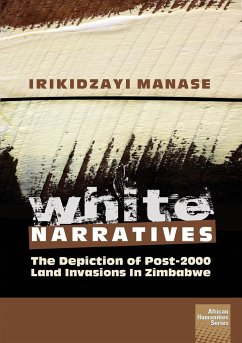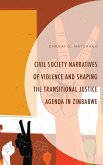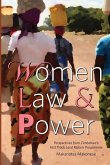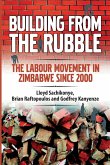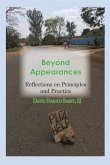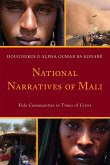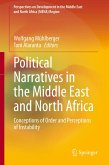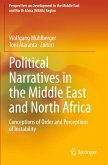The post-2000 period in Zimbabwe saw the launch of a fast track land reform programme, resulting in a flurry of accounts from white Zimbabweans about how they saw the land, the land invasions, and their own sense of belonging and identity. In White Narratives, Irikidzayi Manase engages with this fervent output of texts seeking definition of experiences, conflicts and ambiguities arising from the land invasions. He takes us through his study of texts selected from the memoirs, fictional and non-fictional accounts of white farmers and other displaced white narrators on the post-2000 Zimbabwe land invasions, scrutinising divisions between white and black in terms of both current and historical ideology, society and spatial relationships. He examines how the revisionist politics of the Zimbabwean government influenced the politics of identities and race categories during the period 2000-2008, and posits some solutions to the contestations for land and belonging.
Bitte wählen Sie Ihr Anliegen aus.
Rechnungen
Retourenschein anfordern
Bestellstatus
Storno

